On the occasion of the 30th anniversary of the Fête de la science, which took place throughout mainland France from 1 to 11 October 2021, BRGM opened the doors of its scientific and technical centre in Orléans as it does every 4 years, alternating with INRAE, CNRS and the University of Orléans.
This year's theme was "the thrill of discovery".
In the course of visits and scientific events, the activities and equipment of the national geological survey and those of some thirty other establishments, laboratories and scientific associations in the Loiret region were presented as part of the Village des sciences organised by Centre-Sciences.
A look back at the Fête de la science 2021 at BRGM in Orléans
More than 7000 visitors, both adults and children, represented the highest attendance since 2004
On Saturday 9 and Sunday 10 October, more than 7000 people came to BRGM on foot and by bicycle to discover the science centre and have fun learning through activities, demonstrations and exhibitions for young and old.
During this edition, BRGM featured on the route of the Vélotour for the first time and welcomed 3200 visitors by bicycle.
Both the visitors and our exhibiting partners were pleased and satisfied with their discovery of BRGM and the programme on offer.
Public outreach by BRGM and its teams
BRGM's teams have been working hard to help the public find out about and share their enthusiasm, emotions, discoveries and jobs, to arouse the curiosity of young people and to raise awareness of the subsurface and its related issues.
This event was an opportunity for BRGM to highlight its scientific outreach efforts to make its knowledge accessible and to reaffirm its desire to open up to the public, contributing to dialogue between scientists and society.
Public outreach: Michèle Rousseau, Chair of BRGM, discusses the institution's involvement in this process
Transcription
Opening up to society of public institutions involved in research, expertise and evaluation of health and environmental risks A few words about BRGM. BRGM is the French geological survey. Its role is to use research, expertise and innovation for all, for sustainable management of the resources and risks of the soil and sub-soil. When we say "for all", that means "for society". We must give answers to important societal issues: adapting to climate change, water resources, risk management, supply of mineral resources, whether they be mined or from a recycling process. What are BRGM's motivations to continue this opening up? Science-society dialogue is essential for institutions like ours, so that our research is used for society. An institution like ours must be able to explain what geosciences can give to citizens and to explain what they can't. When you're asked questions to which there is no answer, don't hesitate to say so. We must always come back to what science can or cannot say. How does BRGM's science-society dialogue work? Our approach is to ask our regional directors or overseas representatives to regularly organise meetings with NGOs, associations for the protection of the environment and to talk with them about their observations. That enables us to take into account their questions for our own scientific programming, and to highlight concrete cases that we have been able to resolve thanks to our research results. What are your future plans? Our plans are to continue to dialogue with society and to strengthen this dialogue. Since 2014, we have invited NGO representatives to participate in our governance bodies, the ethics committee in particular, but I don't think BRGM expresses itself enough on societal issues, and that in debates in media or on television, we should explain what geoscience has to say about societal issues. We respect our supervisory ministries. We are not here to make political choices. We are here to explain what geoscience has to say in the debate.

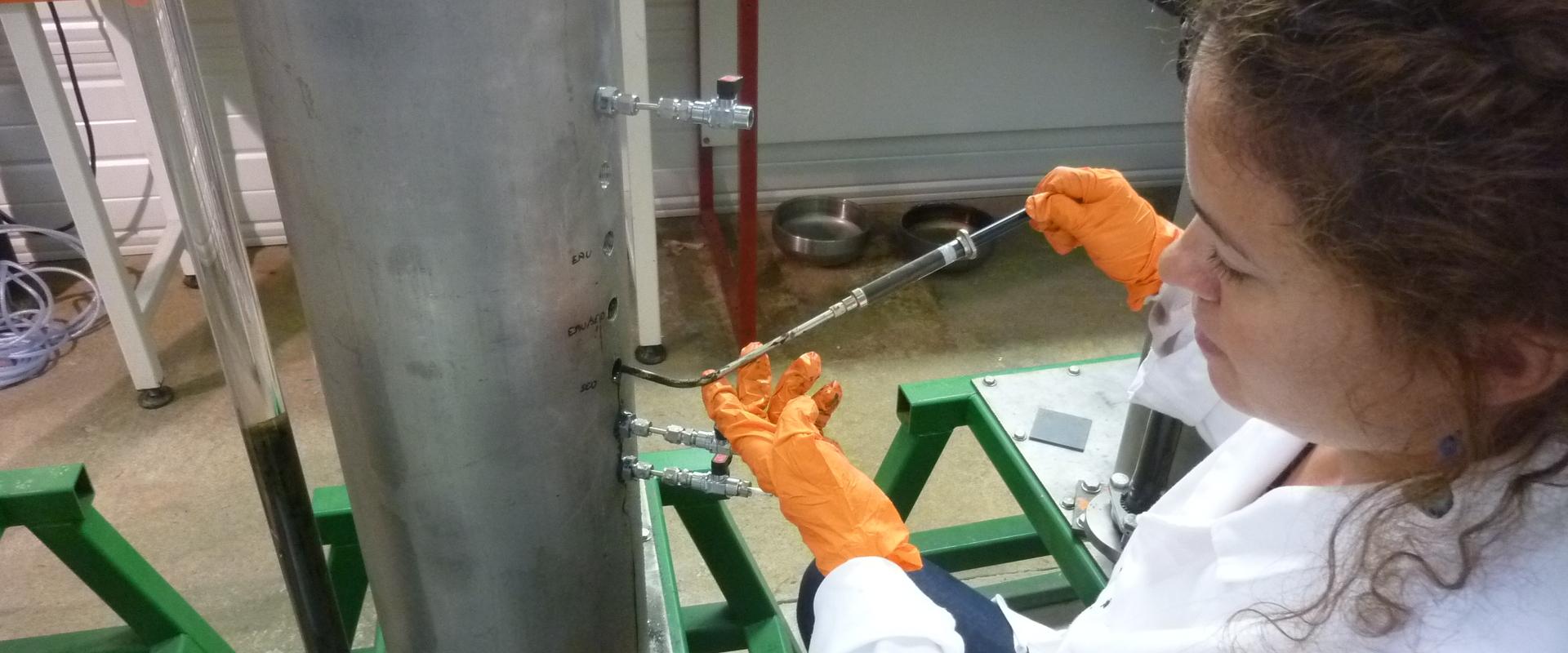
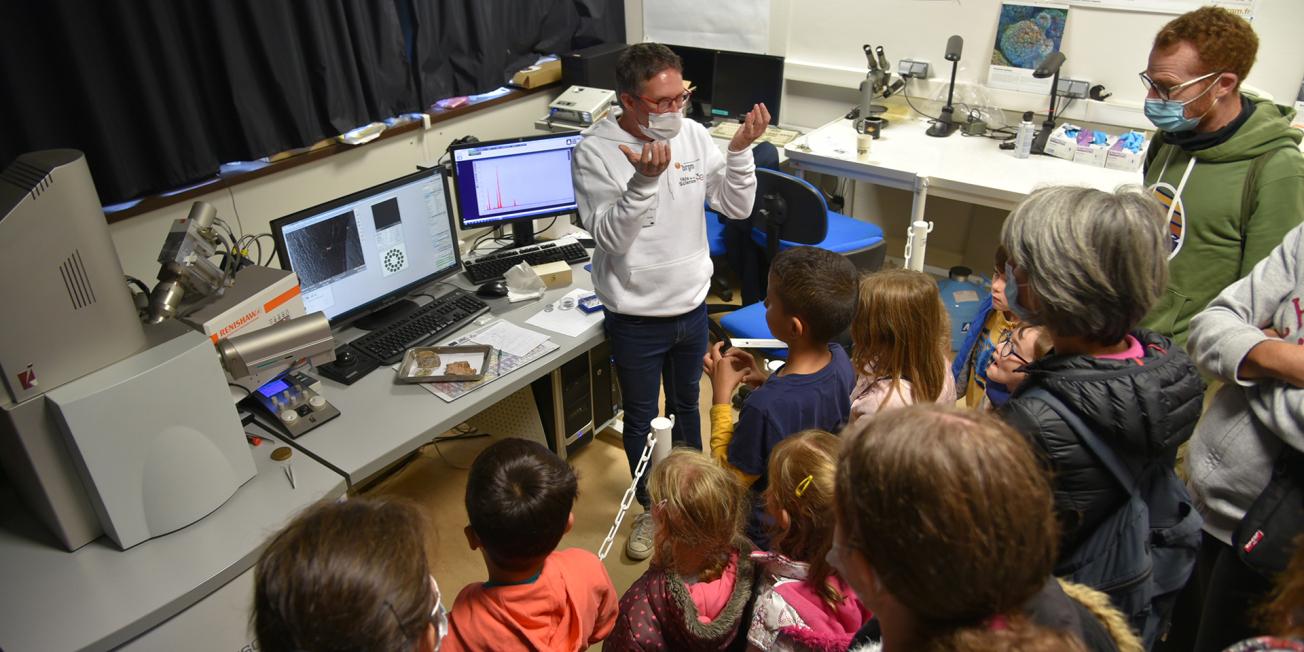
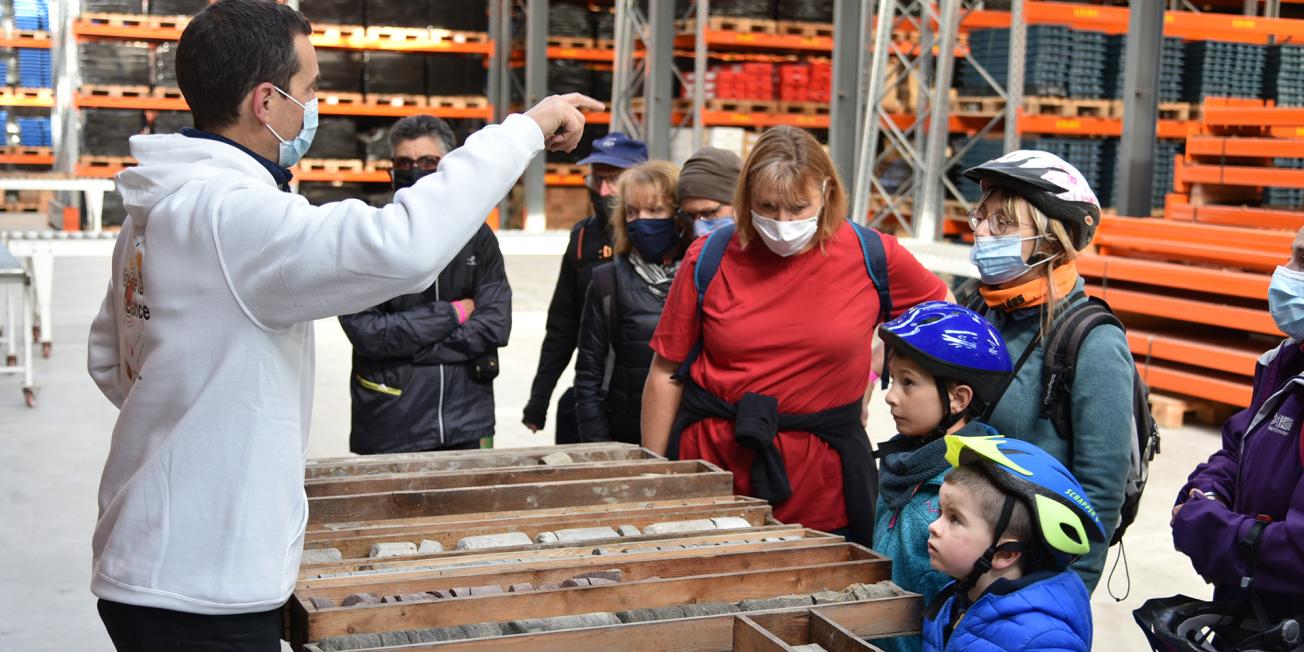
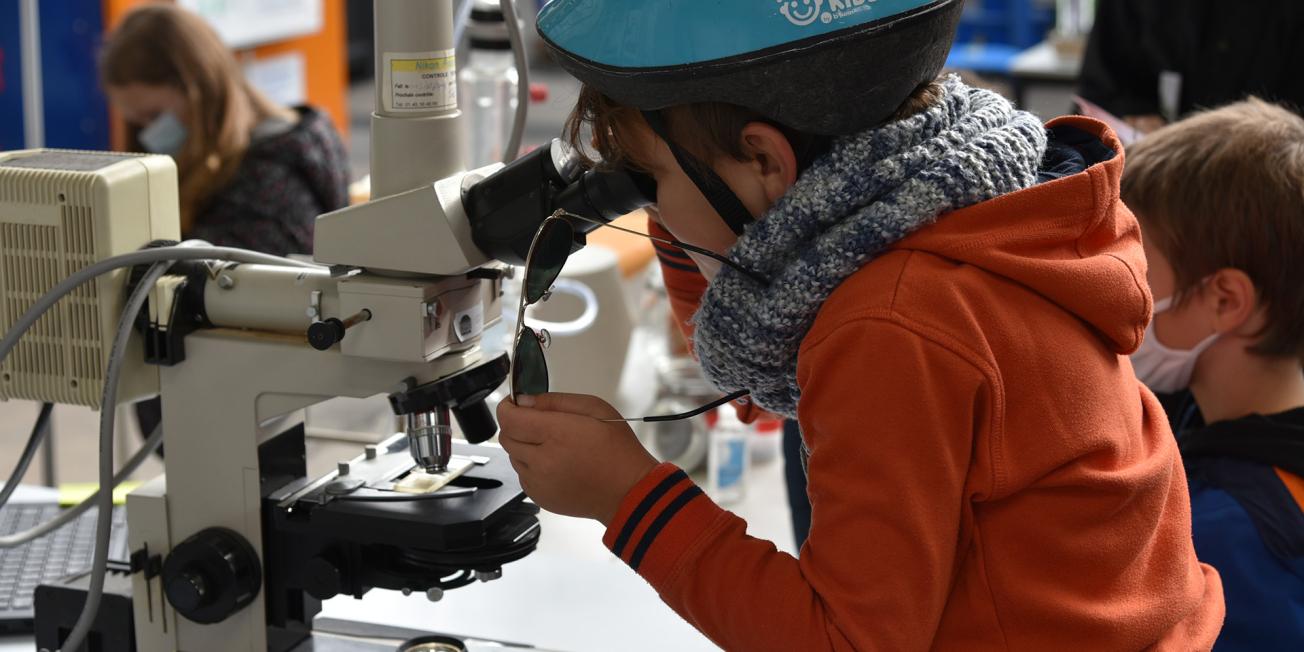
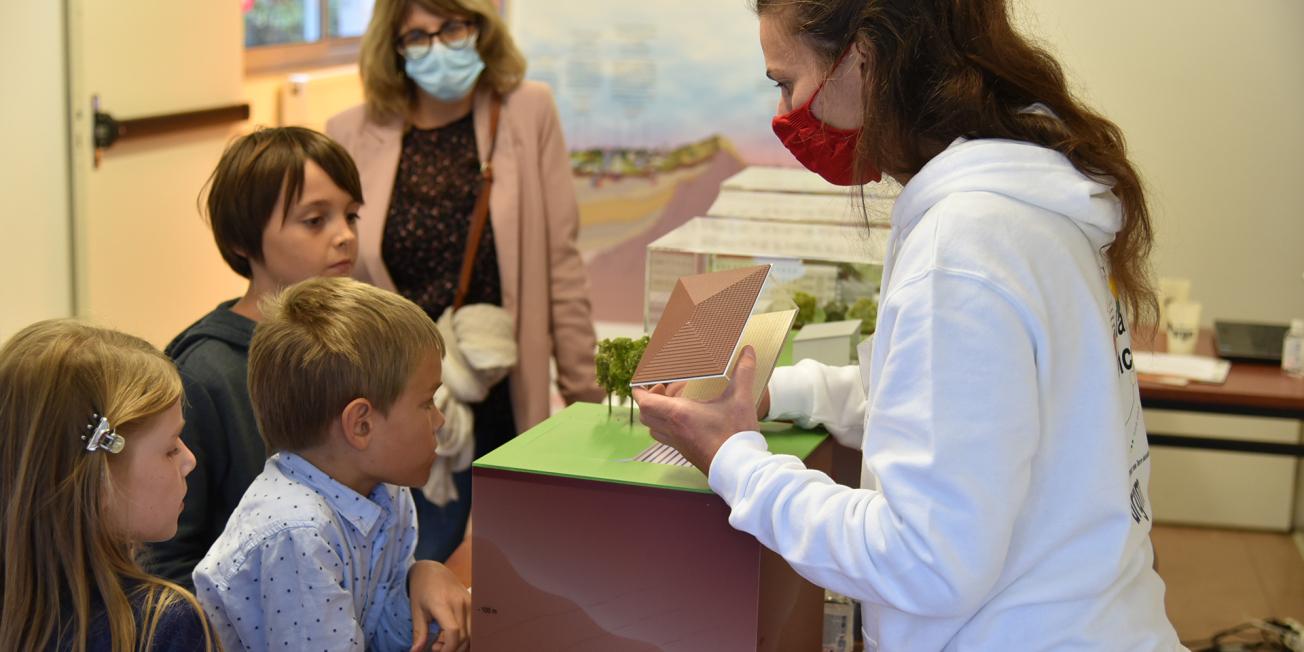
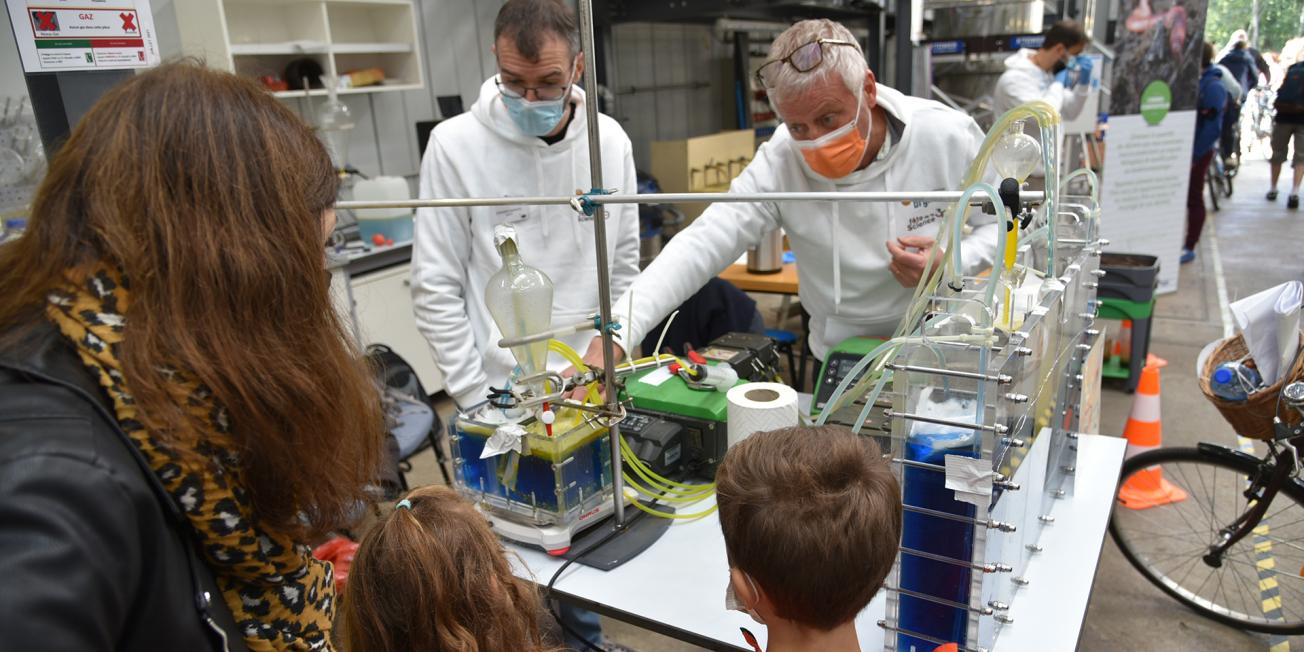
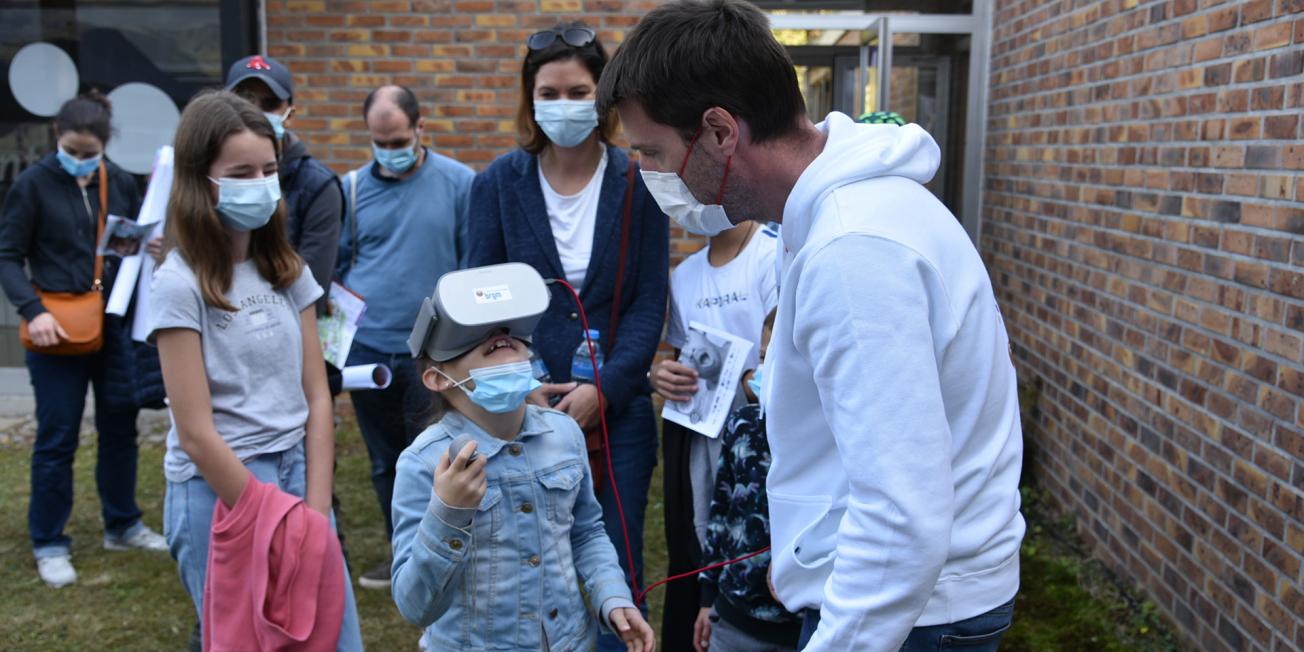
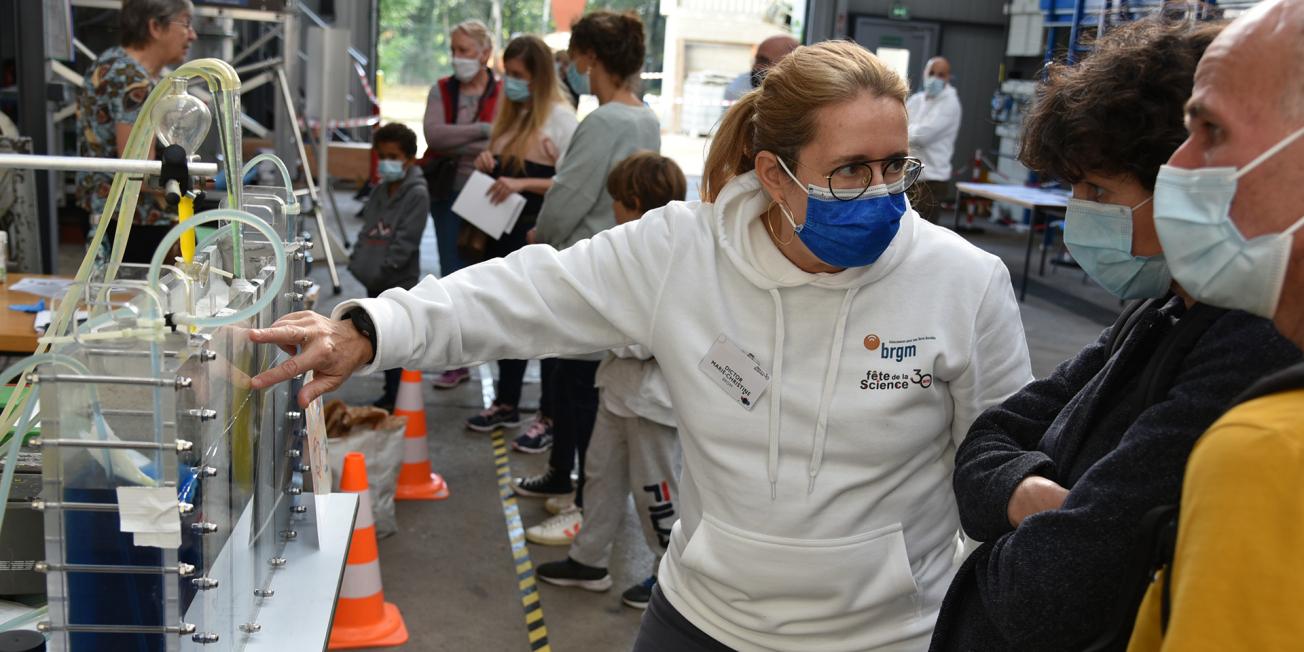
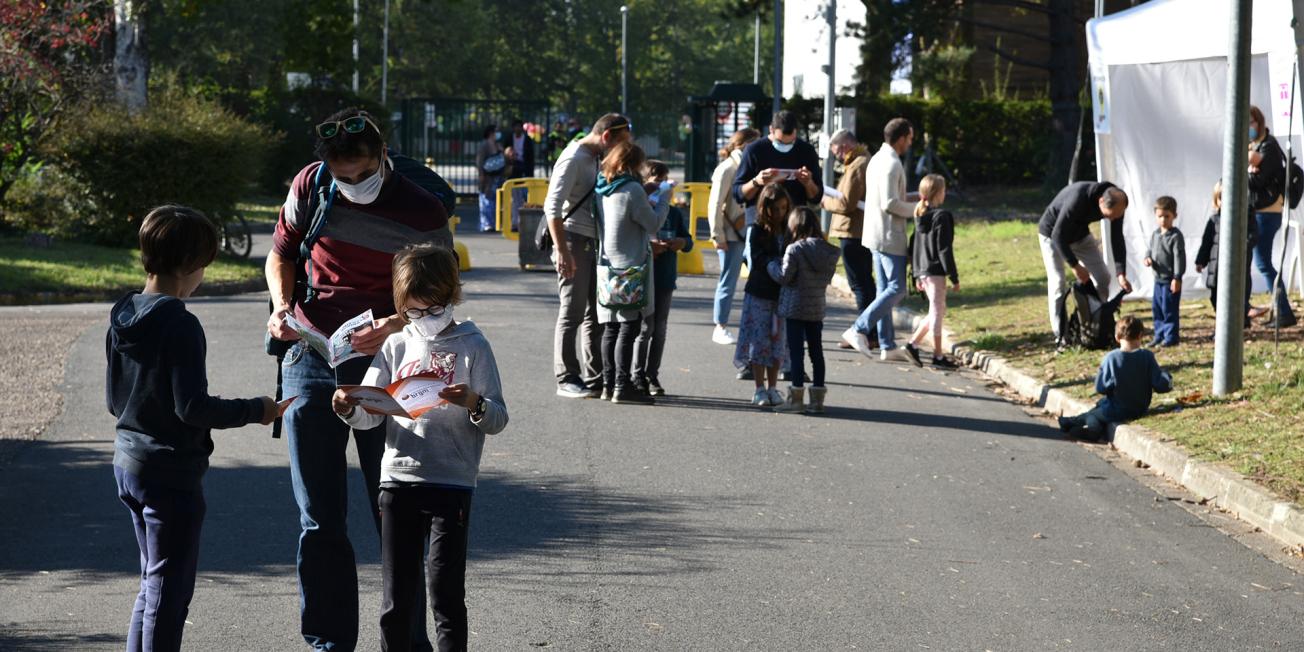
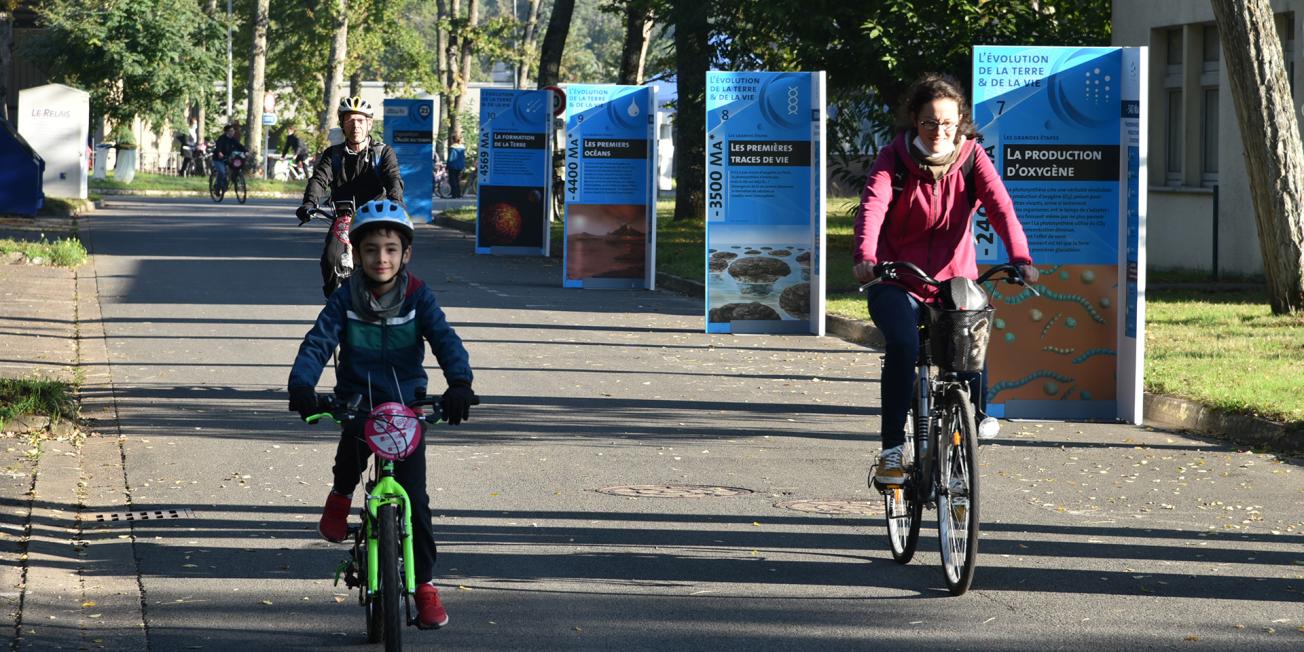
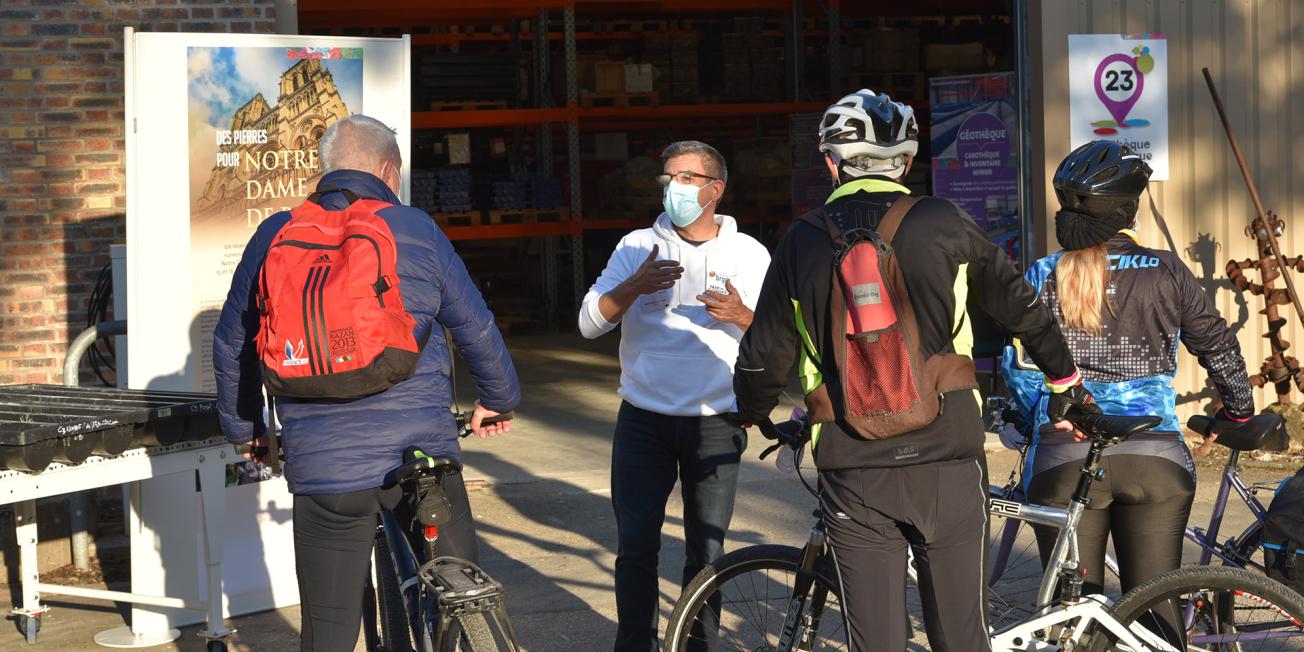
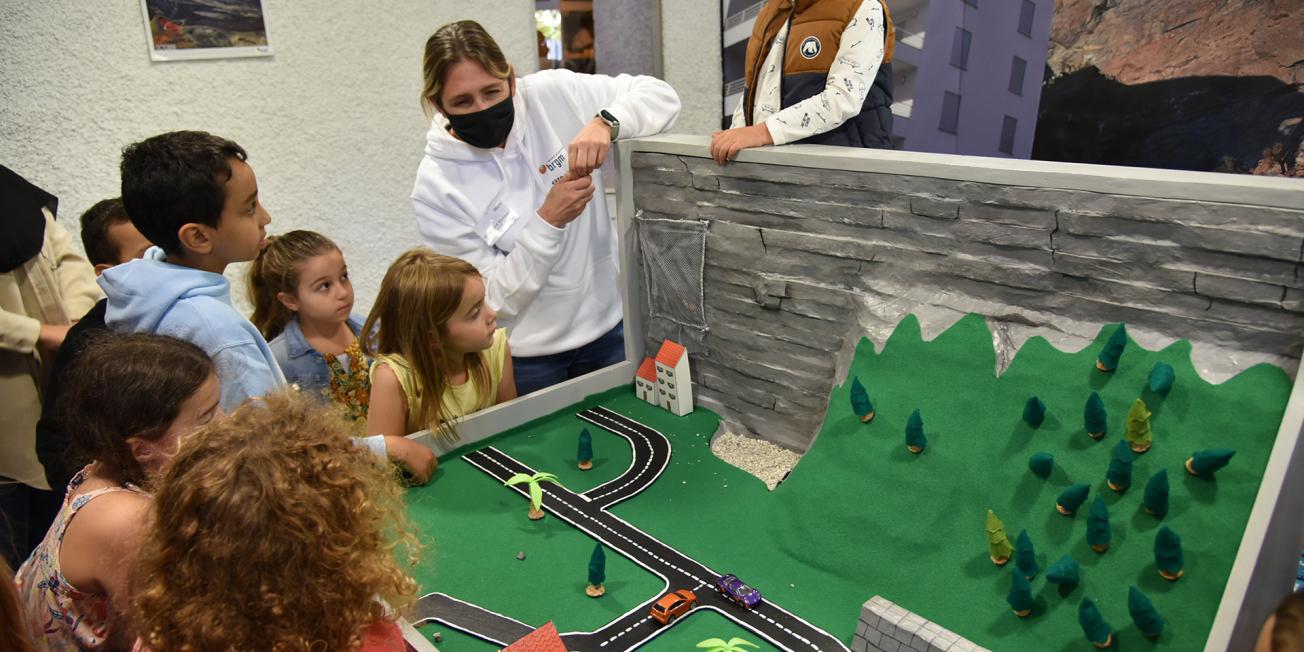
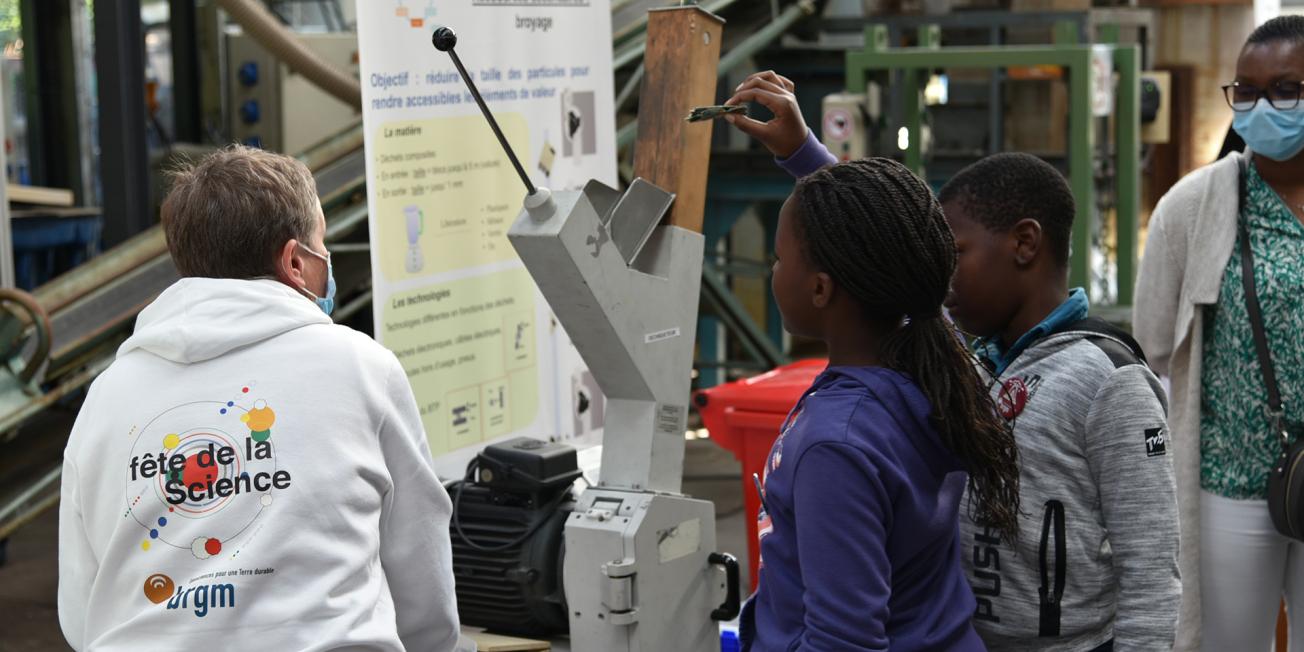
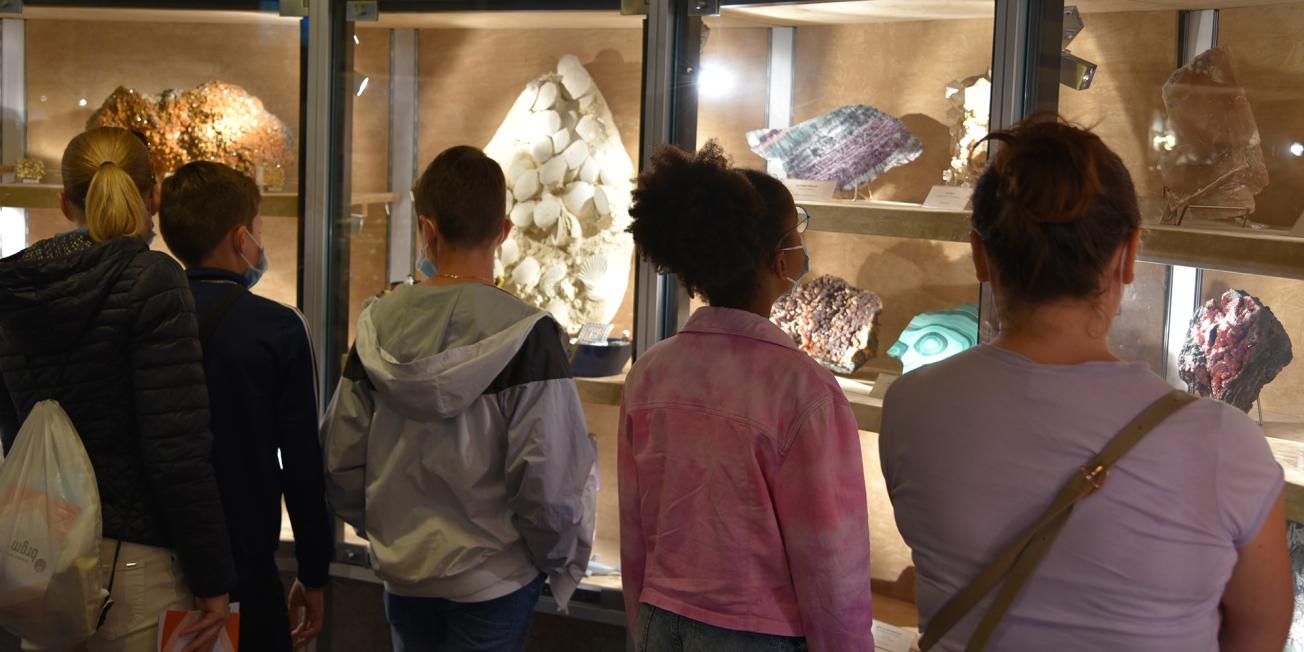
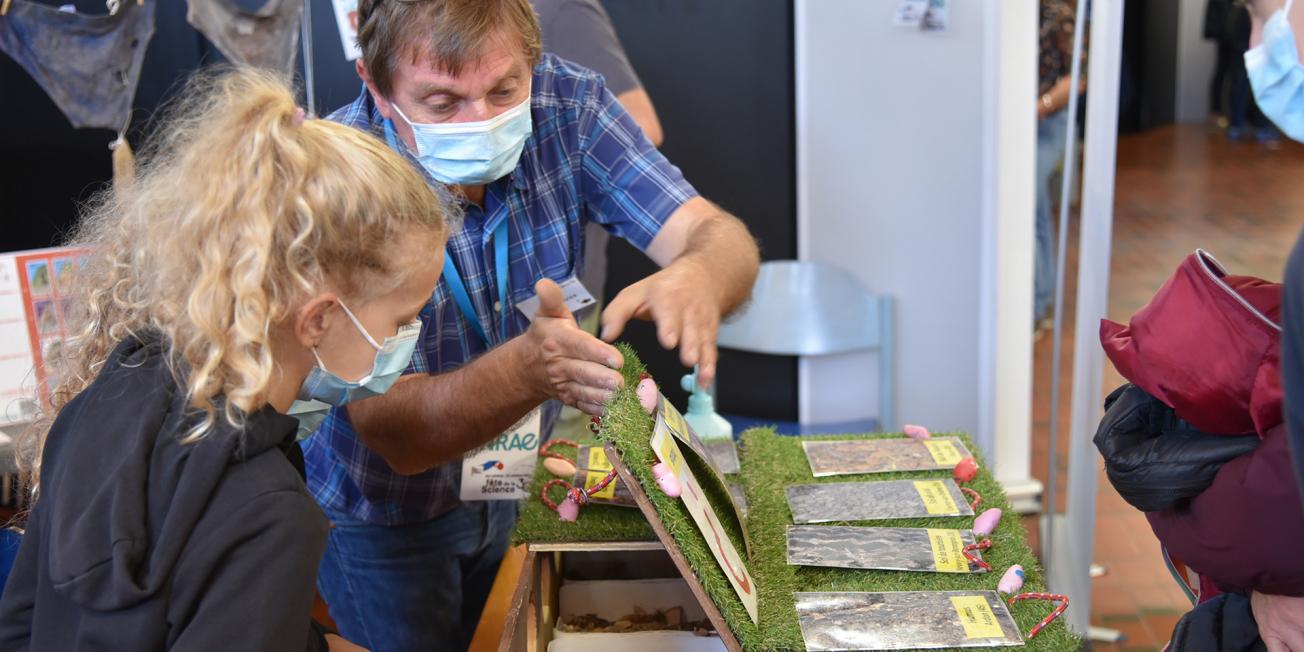
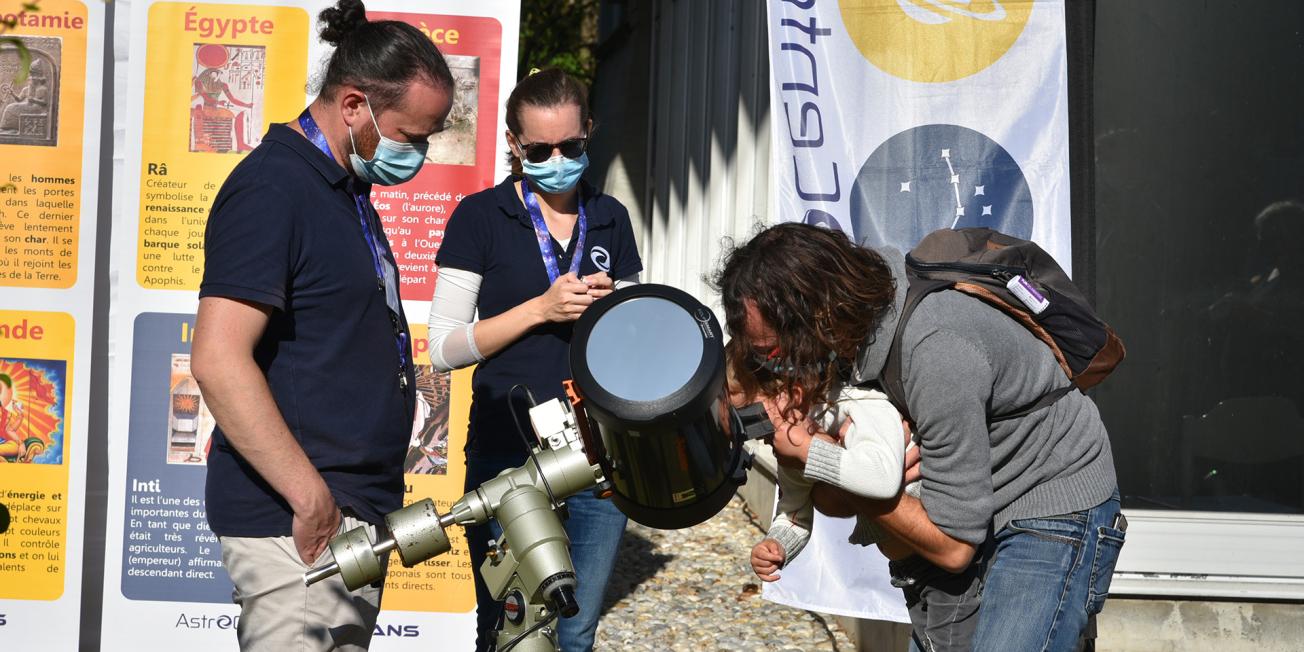
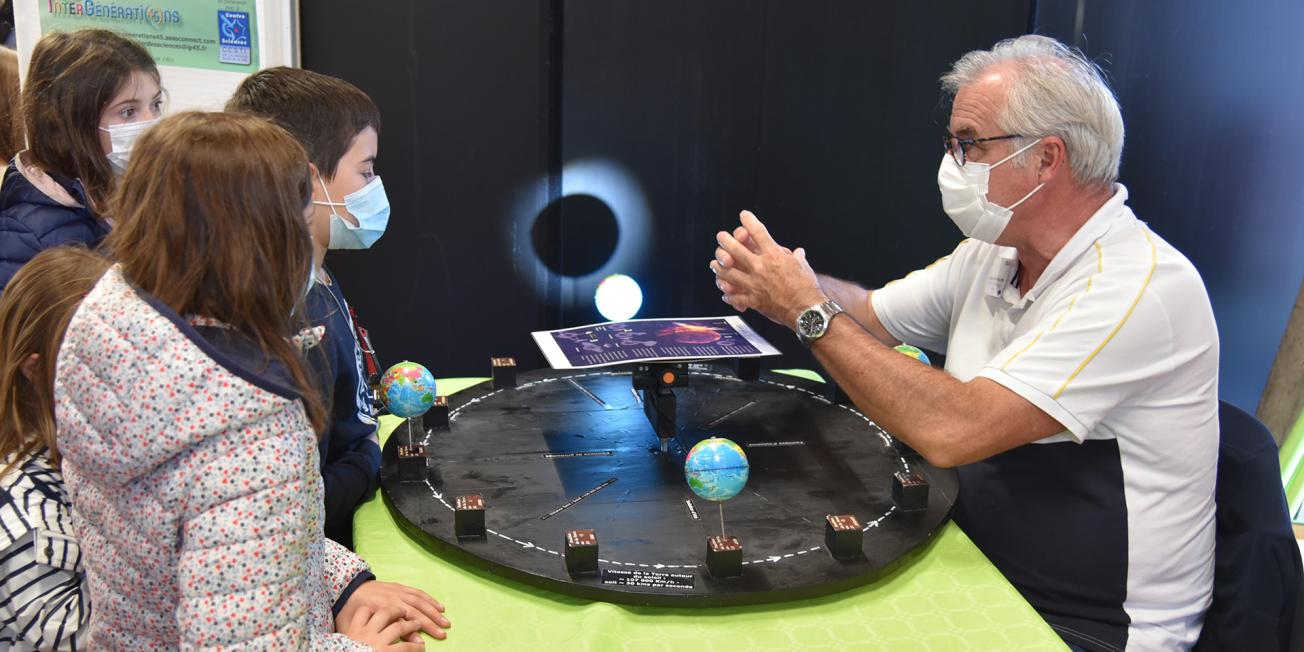
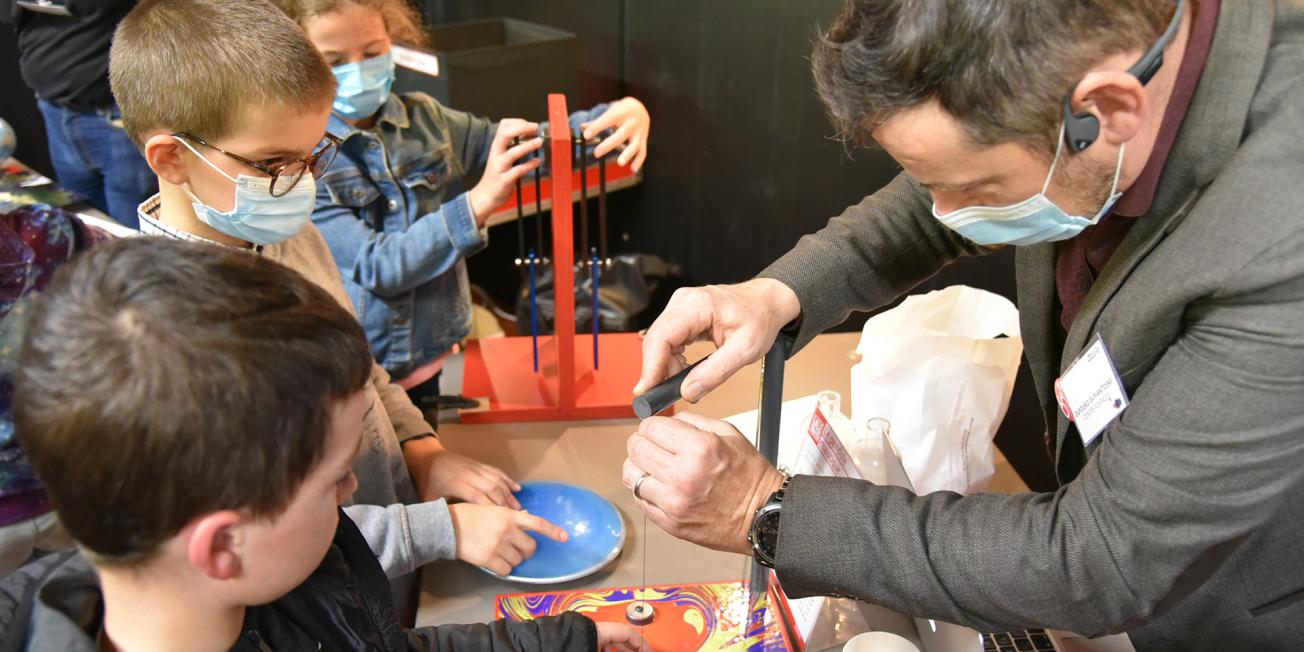
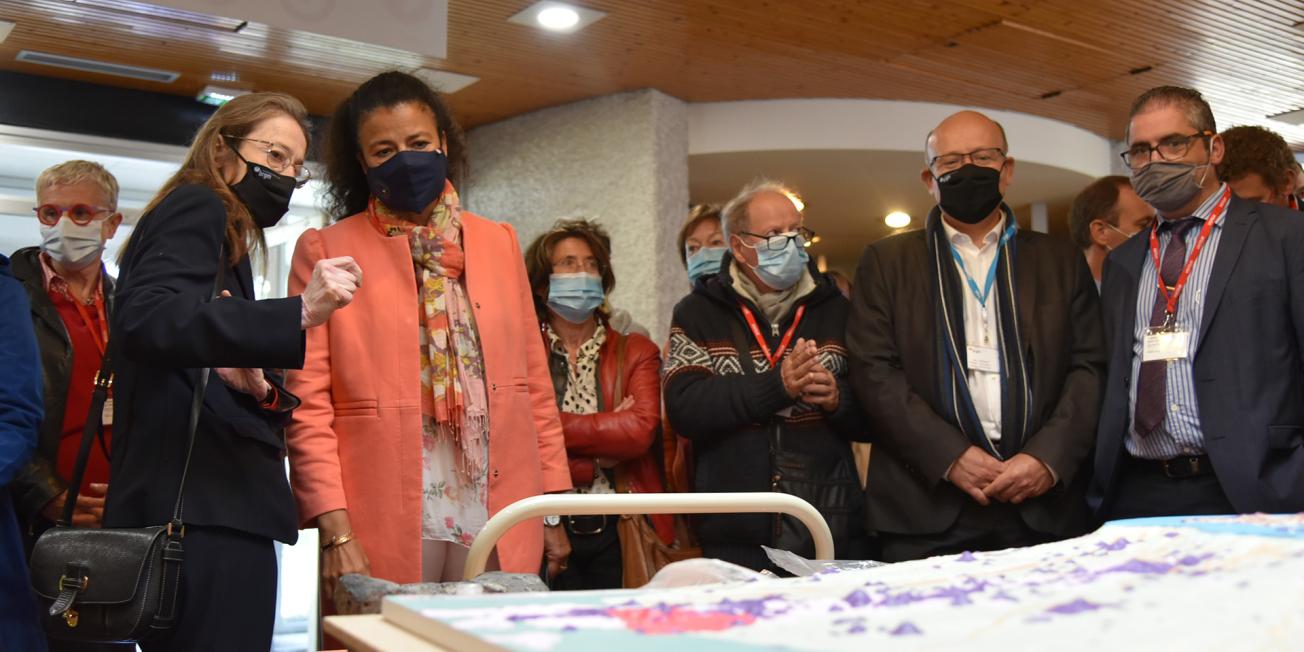
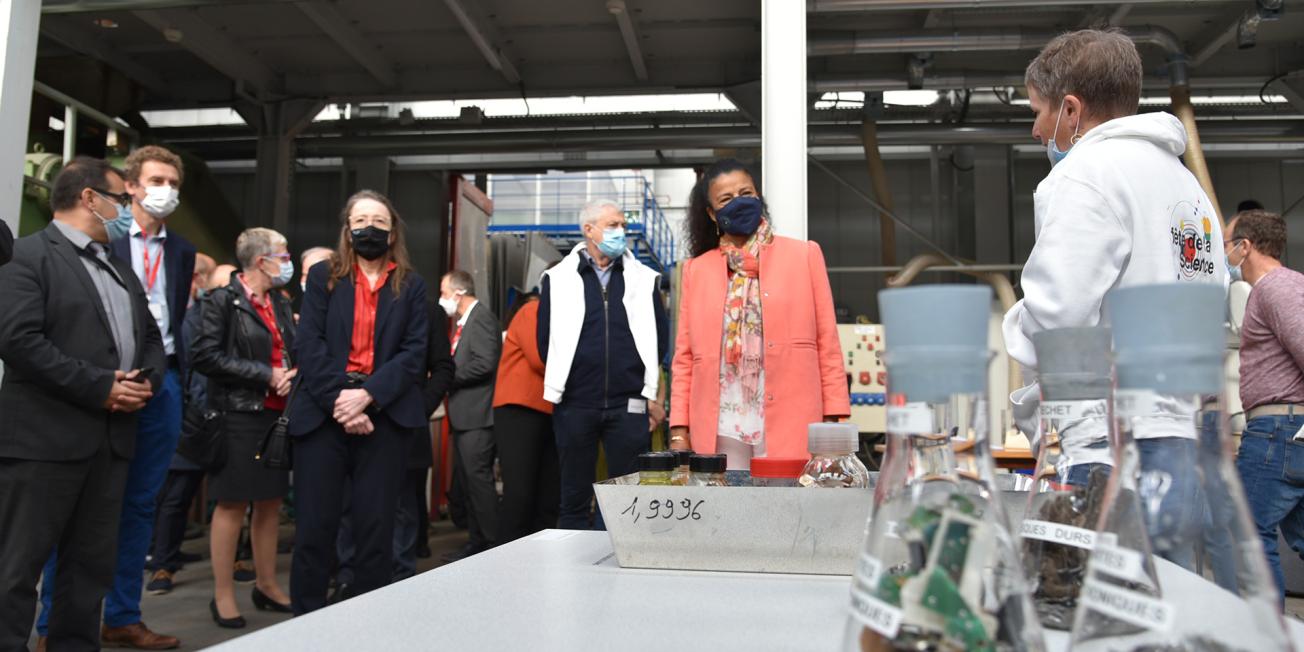
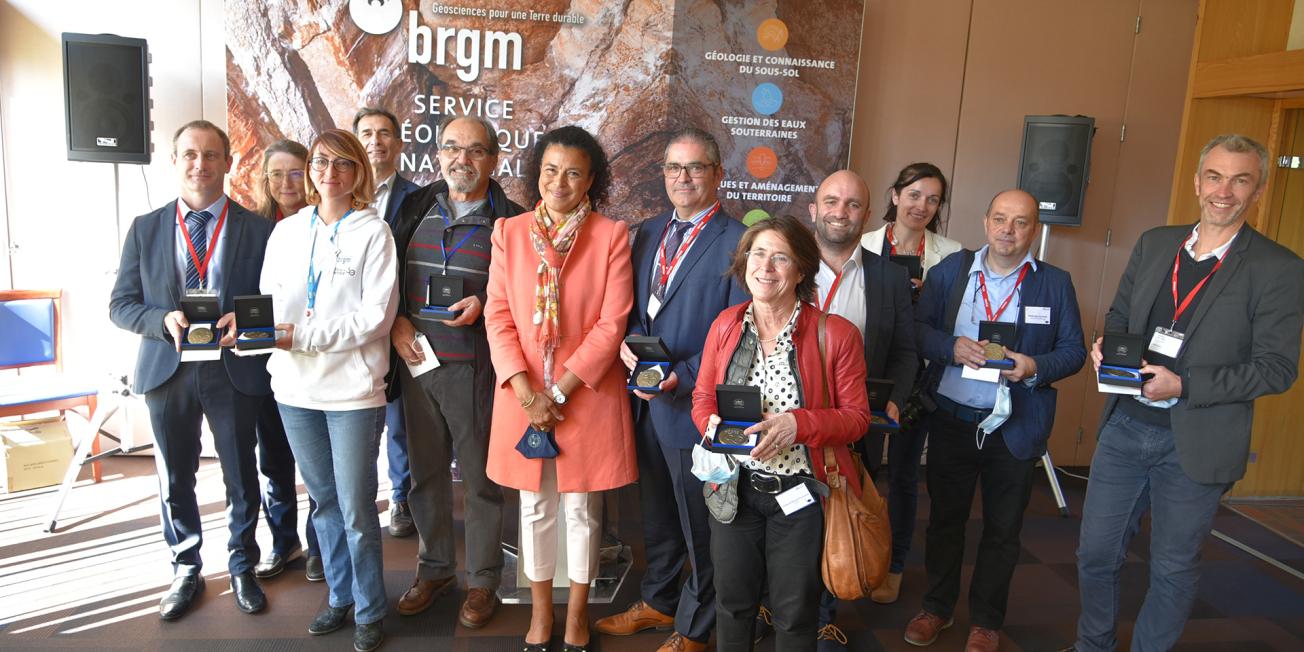






In collaboration with ANSES, IFREMER, INERIS, INRAE, IRSN, the Gustave Eiffel University and Santé Publique France, BRGM took part in redrafting the Public Outreach Charter of public institutions involved in research, consultancy and the assessment of health and environmental risks, signed in 2016. The new version was signed on 27 November 2020.